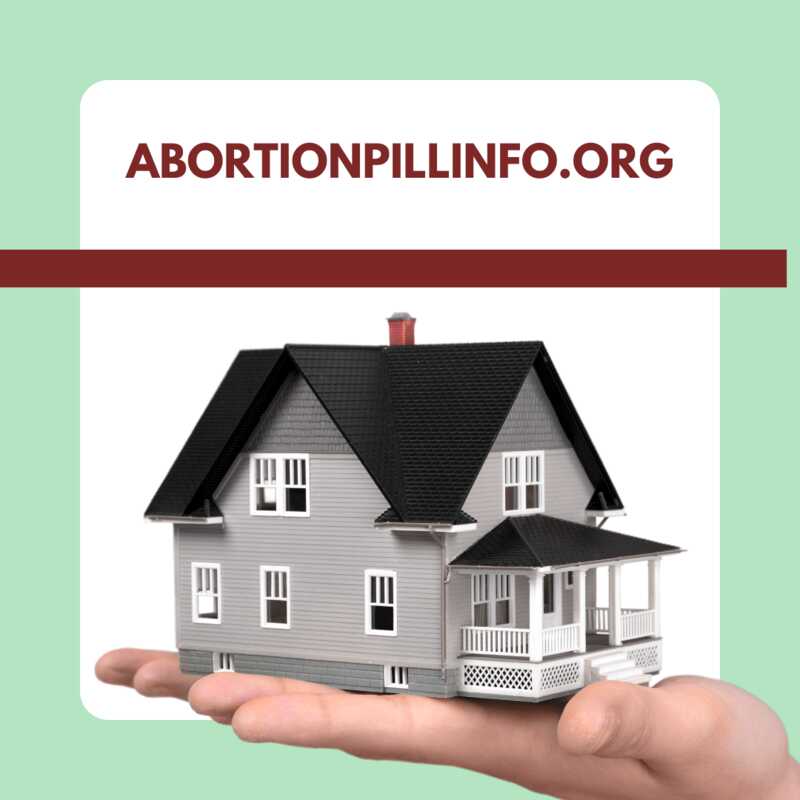An Intersection between Housing and Reproductive Justice
Wednesday, August 23, 2023 블로그 Share
Reproductive Health Advocates must support housing as a human right to uphold reproductive justice.
When speaking about self managed abortion, there is one critical thing that is mentioned: a safe location, home, hotel, a friend’s home. However, in the United States, according to the 2022 Point in Time Count (which is often an under count), over 582,000 individuals in the United States were experiencing homelessness. Often, abortion advocates, and reproductive health advocates overlook the unhoused population, and their access to reproductive healthcare. In fact, according to the Bixby Center, there is little in the way of research on the intersection. However, one study has shown that in San Francisco, in a state friendly to abortion access, unhoused individuals comprised 19% of the clinic population and had worse reproductive outcomes. Given these facts and the circumstances, it is reasonable to assume that unhoused individuals have more difficulty obtaining an abortion (or any reproductive healthcare) than housed individuals. In order to fully support abortion rights and reproductive health, advocates must support both housing and medical care as a human right.
Additionally, according to the above study, it is not uncommon for unhoused individuals to not realize that they are pregnant until much later than a housed individual. This means that medical abortion may not be an option depending on the time in their pregnancy, and that if it is, it is harder to access. Imagine having an abortion, but instead of in a safe place, you were forced to have it in a shelter five feet away from another individual, in a tent, or out in the elements. Imagine you had no disposal for sanitary pads, no clean water, no food, and no toilet access (a reality for unhoused individuals on their periods). For an unhoused person, these circumstances are the norm, and barriers to re-obtaining housing or medical care are high due to policies around evictions, rental history, credit scores, criminal records, and even landlord bias in states without strong rental protections. These circumstances clearly make it difficult for a person to obtain an abortion, self manage an abortion, or manage their reproductive options if they choose to have a child. Given that unhoused women and trans individuals are disproportionately more likely to experience sexual violence when unhoused, this makes reproductive health opportunities and choice all the more important.
Since Roe v. Wade was overturned, it was predicted (and has) become even more difficult for unhoused individuals and low income individuals alike to obtain an abortion. Given the need to travel, the need for rest, sanitation, childcare, food, and clean water, it is clear that unhoused individuals in all states across the United States lack reproductive choice and access to a safe and healthy abortion that their housed counterparts would be able to access. Additionally, many unhoused individuals experience sweeps, which leads to their IDs, medical supplies, and other important personal items being thrown away by the government.
So, what can reproductive health advocates do? First and foremost, vote for policy makers that support reproductive choice and funding healthcare. Advocate for affordable housing as a human right. For those who want to go above and beyond, volunteering or working at a local nonprofit helping those experiencing homelessness can make a difference in the community. Challenge your biases against those in poverty, treat everyone with respect, and realize that most all of us are one bad accident, one job loss, one death, one car breakdown, or one step away from the circumstances that the unhoused find themselves in. We too can be among the unhoused, and need to recognize everyone as human and advocate for policy that lift all of us up. Economic and housing justice is a critical piece of reproductive justice.
For more information on self managed abortion please visit abortionpillinfo.org or our Facebook. If you are experiencing homelessness and/or need assistance with bills while living in the United States, please call your local 2-1-1 line.






